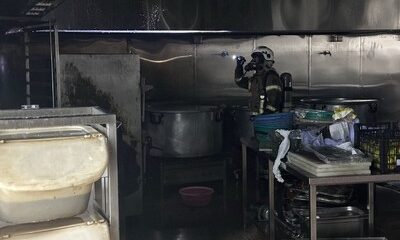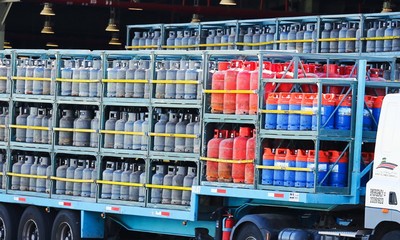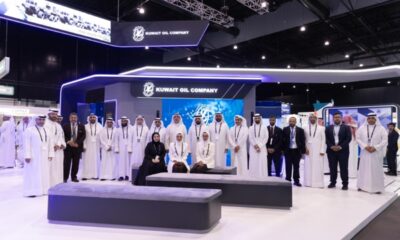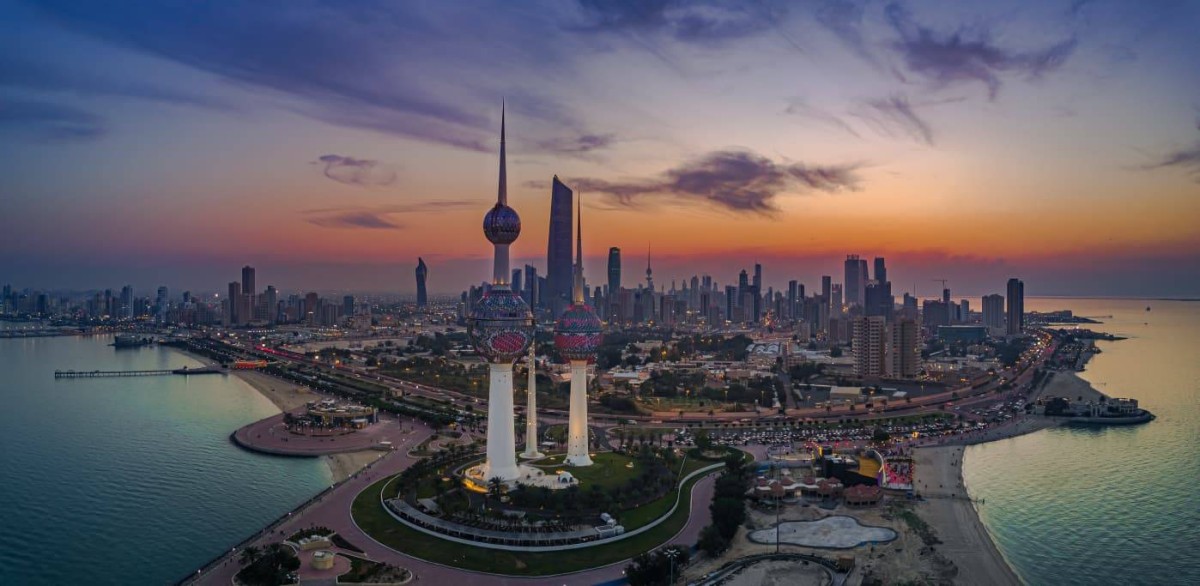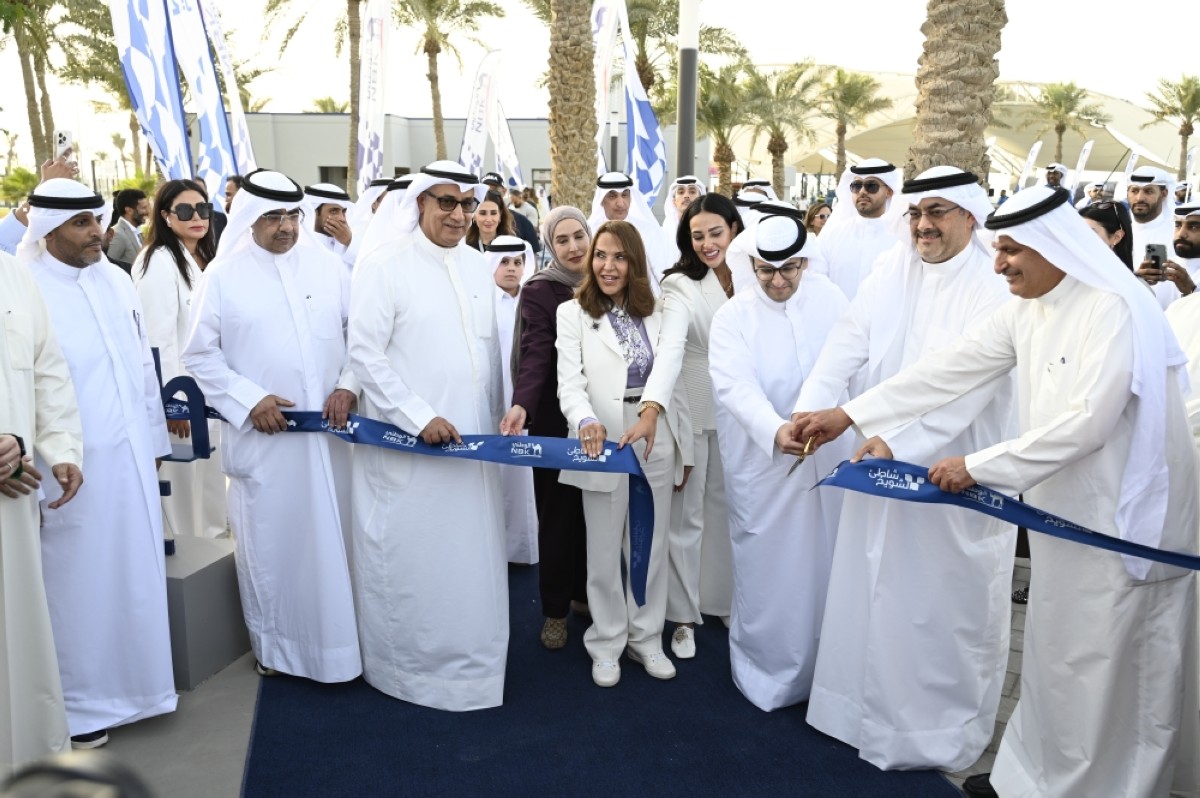By B Izzak & KUNA
KUWAIT: Ten people were injured in an explosion at a commercial center in Fahaheel on Wednesday, resulting from a gas leakage, the fire department said. Fire brigades from Fahaheel and Ahmadi put out the resultant fire, the fire department said in a statement. The 10 injured people were handed to health authorities for treatment, it added. The leakage took place at a restaurant in the commercial center and some of those injured were workers at the restaurant.
Meanwhile, power cuts on Wednesday hit about 40 residential areas and about 10 agricultural and industrial areas as temperatures rose close to 50 degrees Celsius in most areas, accompanied with strong hot winds. The ministry of electricity and water said it has resorted to “programmed cuts” due to an increase in consumption and because some generating units were still under annual maintenance in preparation for the hot summer.
The ministry had already resorted to power cuts earlier this year as temperatures increased and because some units were under maintenance. The meteorological department recorded temperatures of 49 degrees Celsius in both Jahra and Abdaly in the north of the country, while temperatures of 48 degrees Celsius were recorded at Kuwait Airport and Nuwaiseeb on the southern borders with Saudi Arabia. Wafra recorded 47 degrees and Salmiya hit only 44 because of its proximity to the sea. The department is forecasting temperatures to remain unchanged on Thursday, but are expected to hit 50 degrees Celsius on Friday and Saturday in some areas.
As the country endures a significant rise in temperatures, the health ministry has called for heightened awareness and precautionary measures to safeguard public health — particularly for those most vulnerable to extreme heat. In a press statement issued Wednesday, Dr Abdullah Al-Sanad, the official spokesman for the ministry of health, underscored the importance of individual and community-level preparedness. He stressed the need for scientifically informed and well-planned preventive behaviors to reduce health risks associated with soaring temperatures.
Dr Al-Sanad warned that high temperatures can lead to a range of health complications, the most notable being heat exhaustion, which typically manifests as fatigue and dizziness caused by the loss of body fluids and salts. More severe cases may result in sunstroke — a medical emergency marked by a sharp rise in body temperature that can lead to loss of consciousness. He further explained that dehydration is another common condition triggered by extreme heat, often leading to headaches, fatigue and dry mouth.
The impact of heat on the elderly and those with pre-existing health conditions can be more serious, potentially causing sudden drops in blood pressure and salt imbalances, which may disrupt nerve and muscle function due to disturbances in sodium and potassium levels. “Many of the fatigue and lethargy cases witnessed in recent days are physiological responses to the heat and fluid loss,” Dr Al-Sanad said. He noted that these symptoms indicate reduced blood flow to vital organs as a result of dehydration, leading to insufficient oxygen supply to the muscles and brain, and causing weakness and mental exhaustion.
Emphasizing that such conditions are preventable, he urged the public to prioritize hydration. “Adults should consume around 2.5 to 3 liters of water daily — even in the absence of thirst — to compensate for ongoing fluid loss,” he advised. Dr Al-Sanad also recommended avoiding direct sun exposure between 11:00 am and 4:00 pm and wearing light-colored cotton garments that allow the body to breathe. He encouraged the use of hats or umbrellas during outdoor activities to mitigate heat absorption.
He cautioned against the intake of diuretic beverages such as tea, coffee and soft drinks, which contribute to fluid depletion, and advised limiting salty foods that may upset the body’s fluid and electrolyte balance. Light physical activity, such as evening walks, could help the body gradually adapt to the weather, he added, while urging the postponement of intense workouts to early morning or after sunset hours.
On workplace safety, Dr Al-Sanad stressed the need for heightened professional responsibility in outdoor and field environments. He called for organizing work schedules to avoid peak heat periods, providing sufficient rest breaks in shaded or air-conditioned areas, and ensuring a steady supply of cold drinking water. These steps, he said, reflect a humane approach that honors the dignity and well-being of workers.
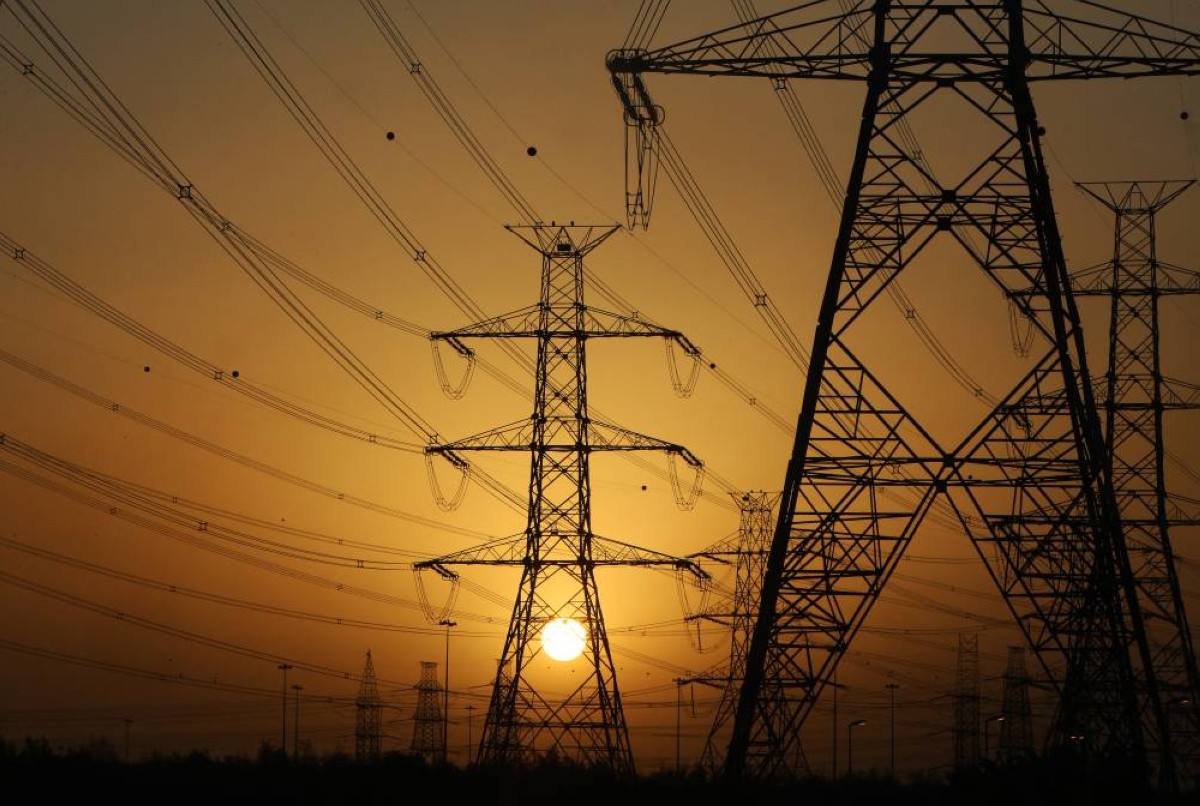

 Latest News24 hours ago
Latest News24 hours ago
 Business17 hours ago
Business17 hours ago
 Politics10 hours ago
Politics10 hours ago
 Latest News17 hours ago
Latest News17 hours ago
 Latest News15 hours ago
Latest News15 hours ago
 Latest News8 hours ago
Latest News8 hours ago
 Politics7 hours ago
Politics7 hours ago
 Latest News7 hours ago
Latest News7 hours ago
